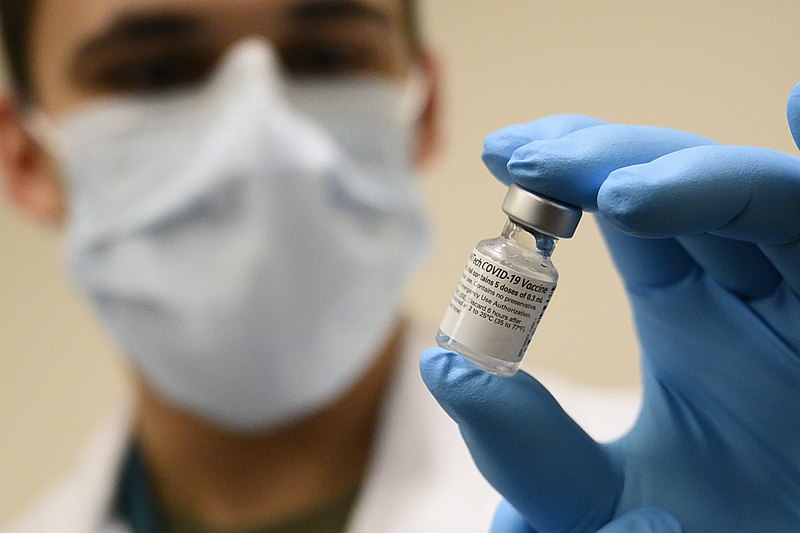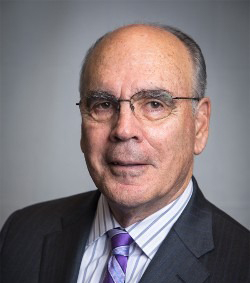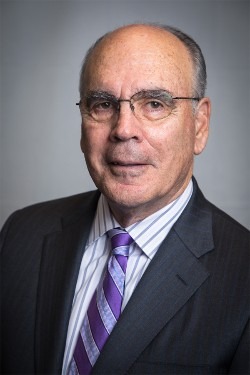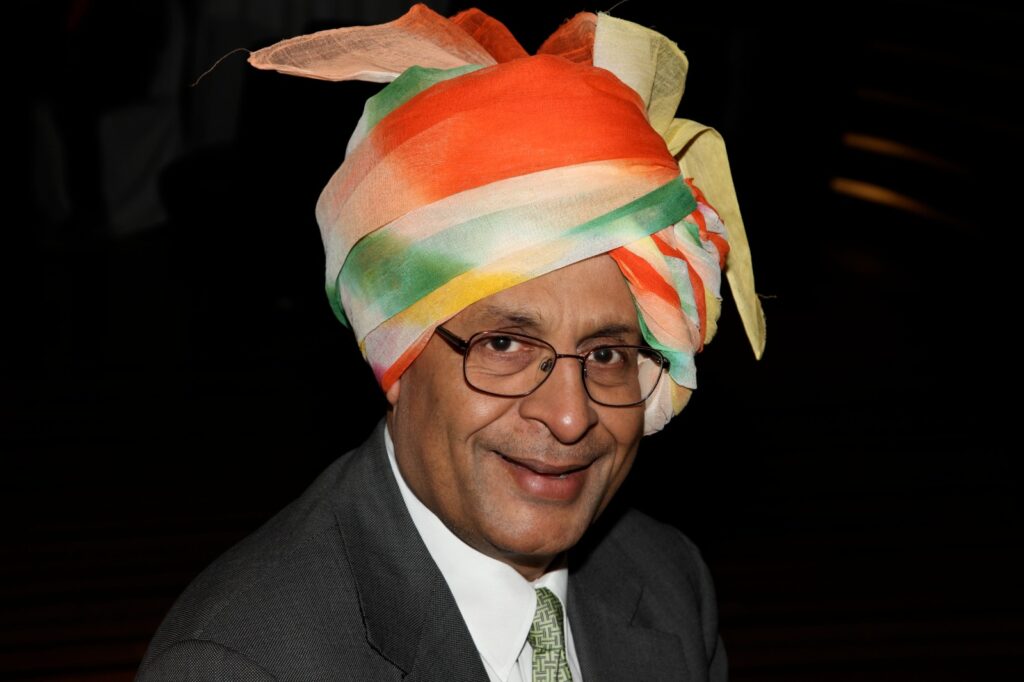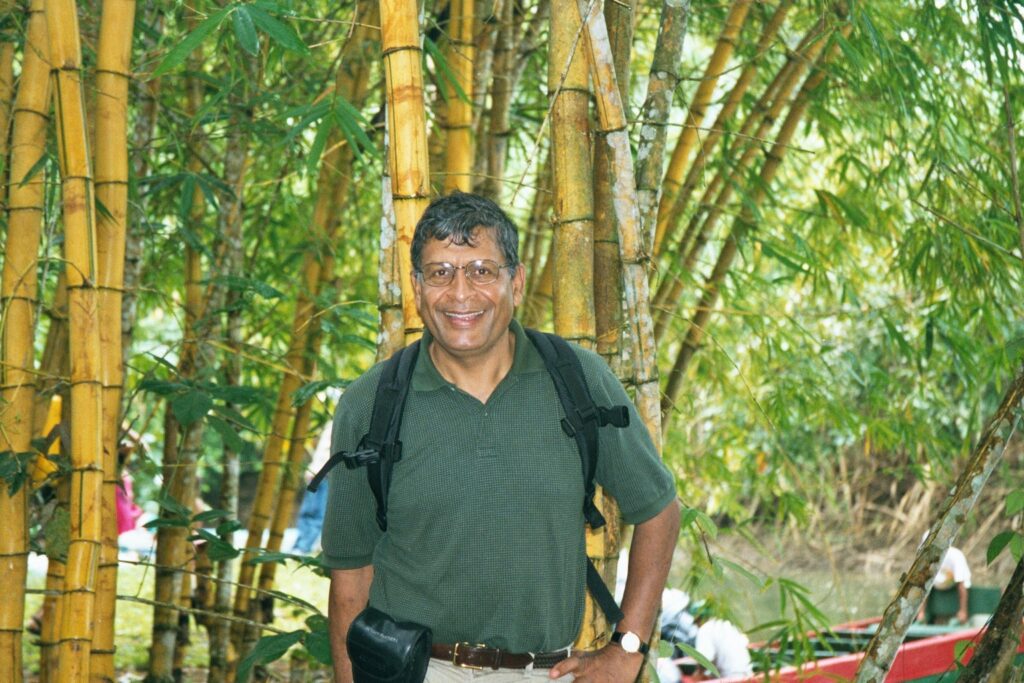
You probably know someone who has had COVID-19, and with the increase in cases, doubts about the disease itself, the symptoms, and the variants that have become important in this fourth wave of the pandemic are likely to grow. We invite you to continue reading and find out what you should know today.
Omicron is the name given to a variant of SARS-CoV-2, the virus that causes COVID-19.
The emergence of the Omicron variant in late 2021 has strained local, state, and national healthcare systems.
What are the symptoms of the Omicron variant?
Symptoms of infection with the original coronavirus, the Delta variant, and Omicron are similar: fever or chills, cough, shortness of breath, sore throat, fatigue, and muscle pain. Medical professionals and scientists are working to discern the differences between the two strains of the virus.
Many unknowns remain. “While there is still much we don’t know about Omicron, vaccines and boosters are effective at preventing severe illness and limiting transmission of the virus,” said Dr. Scott Morrow, San Mateo County health officer.
In a statement, the health expert explained that the best way to track and treat COVID-19 cases, whether the Delta or Omicron variants, is through testing. “Testing is absolutely essential for all of us.”
To help prevent the spread, health officials continue to urge people to get their COVID-19 vaccines, including boosters, and require the use of masks in indoor public places, regardless of vaccination status.
I have symptoms, now what do I do?
The first step is to stay home from work and school. The next step is to get tested.
You should get tested for COVID-19 right away if you feel any symptoms, regardless of your vaccination status. Symptoms of the illness may feel like a common cold, seasonal allergies, or the flu.
Testing can tell you if you are currently infected with COVID-19.
I came into close contact with someone who now has COVID-19. What should I do?
Get tested, even if you are fully vaccinated.
The California Department of Public Health recommends that anyone who comes into contact with someone who has, or is suspected of having, COVID-19 should get tested on day 5 after exposure.
If you are fully vaccinated and booster-vaccinated, or fully vaccinated but not yet eligible for a booster, you do not need to quarantine — staying home and away from other people for at least five days — but you should isolate if you develop symptoms or receive a positive test result.
People who are unvaccinated or are vaccinated and eligible for a booster but have not received it should stay home for at least 5 days after their last contact with a person who has COVID-19, and get tested on day 5.
- It is worth noting that you must quarantine yourself if you are in one of the following groups:
- Has completed the primary series of a recommended vaccine and is eligible for a booster, but has not received it
- Received the single-dose Johnson & Johnson vaccine – completing the primary series – more than 2 months ago and has not received a recommended booster shot
- You are not vaccinated or have not completed a primary vaccination series
What are the two different tests? Does it matter which test I take?
Two types of tests are commonly available:
- Rapid antigen tests
- PCR tests
Why use antigen tests?
An antigen test directly detects protein fragments from the COVID-19 virus. It's easy to perform almost anywhere with a noninvasive nasal swab, provides results quickly, and is good for confirming suspected COVID infections in people who are already sick.
It is worth noting that this type of test is most effective for people who are currently experiencing symptoms of COVID-19. However, they are more likely to have a “false negative” result, so a follow-up PCR test may be needed in people who have symptoms of COVID-19.
You should use an antigen test when:
- You need to quickly determine if someone who appears sick has COVID-19
- You are in an area where access to PCR testing is limited
- If there is limited PCR testing capacity and you are in a high-risk setting where regular and frequent testing is recommended ‒ nursing homes, other congregate care facilities.
PCR test: What is it?
PCR stands for polymerase chain reaction. The PCR test amplifies and then detects the presence of genetic material from the COVID-19 virus.
PCR is the preferred test for diagnosing COVID infections in sick people and in people not experiencing any COVID symptoms.
It is important to note that these types of tests must be processed in a laboratory, which can mean waiting up to 72 hours or more between performing the test and obtaining the result.
PCR testing is available at county-operated sites, pharmacies such as CVS, Walgreens and others, as well as testing providers such as Curative and Virus Geeks.
You can learn more about testing and contact tracing from the San Mateo County Health Department.
Do not go to an emergency department or urgent care to get tested – hospital emergency departments and other urgent care facilities are not testing centers.
Are home test results reported to local public health officials?
No. Home antigen test results are generally not reported to public health agencies, nor are they included in official case counts. This means that statistics for positive tests and cases are significantly underreported.
I got tested – due to symptoms or close contact – but I won’t get the results for 24 to 72 hours. What should I do while I wait?
He should self-isolate, stay home from work and school, while waiting for the results.
What's the latest in face coverings/masks?
The California Department of Public Health (CDPH) and San Mateo County require face coverings to be worn in all indoor public settings, regardless of vaccination status.
For additional information on the types of masks, the most effective ones and to ensure a good fit, you can consult the DDPH site in the special section, giving click here.
You may be interested in: More tests in San Mateo due to force of omicron





